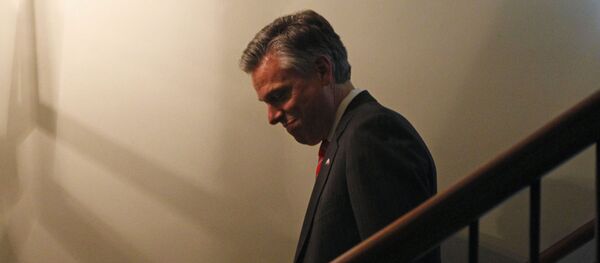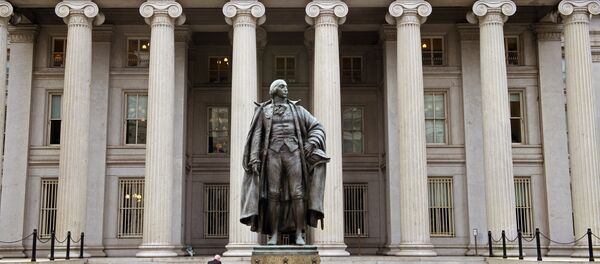"Today, we have informed Congress that this legislation and its implementation are deterring Russian defense sales," Nauert said on Monday. Since the enactment of the CAATSA, Nauert added, Washington estimates that foreign governments have "abandoned planned or announced purchases of several billion dollars in Russian defense acquisitions."
Meanwhile, another State Department official told Sputnik that starting January 29 the United States can begin imposing sanctions under Section 231 of the CAATSA for significant transactions with the Russian defense or intelligence sector. Thus, the US warned foreign states and private sector firms that interactions with Russian entities listed by Treasury will be sanctioned.
"Generally speaking, should sanctions be imposed, they would primarily be on non-Russian entities that are responsible for significant transactions with Russia’s defense and intelligence sector," the official explained. "Foreign governments and private sector entities have been put on notice, both publicly and privately, including by the highest-level State Department and other USG officials where appropriate, that significant transactions with listed Russian entities will result in sanctions," a State Department official told Sputnik.
"This sanctions program will continue until Russia addresses to the satisfaction of Congress and this Administration the provocative and destabilizing actions that led to this legislation," the official said.
The State Department representative also told Sputnik that the sanctions are designed to impose a "cost" upon Russia.
"By deterring countries from acquiring Russian military and intelligence equipment we are denying Russia the proceeds from those sales, which it would use to continue its international campaign of malign influence and destabilization," the State Department official added.
The US Treasury Department was required to release a report on Monday that would lay the groundwork for more punitive measures against individuals whom the US authorities believe to be close to Russian leadership.
Crimea rejoined Russia in 2014 after 97 percent of the peninsula's residents voted in a referendum in favor of the move. However, Kiev and many Western countries, including the EU member states and the United States, refused to recognize the referendum and subsequently imposed economic and political sanctions on Russia. Russia has repeatedly stated that the referendum was held in compliance with international law and denied threatening or affecting the sovereignty of Ukraine.




